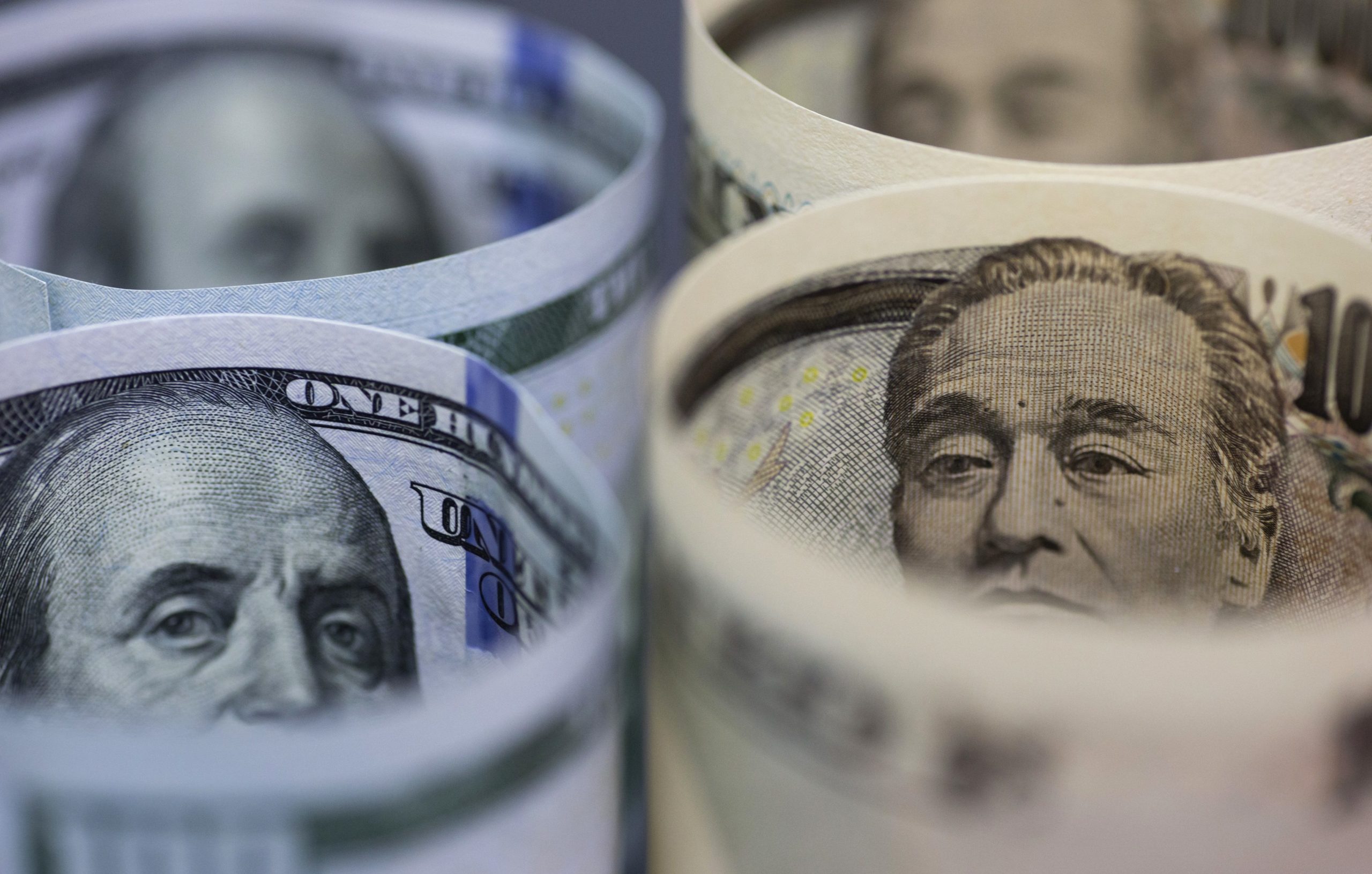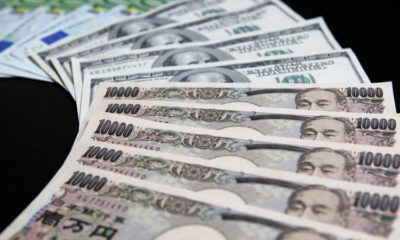The Japanese yen plummeted to a 34-year low against the US dollar, sending shockwaves through global financial markets.
Despite mounting pressure and speculation, the Bank of Japan (BOJ) chose to maintain its key interest rate.
The yen’s relentless slide, extending to 0.7% to 156.66 against the dollar, underscores deep concerns about Japan’s economic stability and the efficacy of its monetary policies.
BOJ Governor Kazuo Ueda’s remarks at a post-meeting news conference did little to assuage fears as he acknowledged the impact of foreign exchange dynamics on inflation but downplayed the yen’s influence on underlying prices.
Investors, already on edge due to the yen’s dismal performance this year, are now bracing for further volatility amid speculation of imminent intervention by Japanese authorities.
The absence of decisive action from the BOJ has heightened uncertainty, with concerns looming over the potential repercussions of a prolonged yen depreciation.
The implications of the yen’s decline extend far beyond Japan’s borders, reverberating across global markets. The currency’s status as the worst-performing among major currencies in the Group of Ten (G-10) underscores its significance in the international financial landscape.
Policymakers have issued repeated warnings against excessive depreciation, signaling a commitment to intervene if necessary to safeguard economic stability.
Finance Minister Shunichi Suzuki reiterated the government’s readiness to respond to foreign exchange fluctuations, emphasizing the need for vigilance in the face of market volatility.
However, the lack of concrete action from Japanese authorities has left investors grappling with uncertainty, unsure of the yen’s trajectory in the days to come.
Market analysts warn of the potential for further downside risk, particularly in light of upcoming economic data releases and the prospect of thin trading volumes due to public holidays in Japan.
The absence of coordinated intervention efforts and a clear policy stance only exacerbates concerns, fueling speculation about the yen’s future trajectory.
The yen’s current predicament evokes memories of past episodes of currency turmoil, prompting comparisons to Japan’s intervention in 2022 when the currency experienced a similar downward spiral.
The prospect of history repeating itself looms large, as market participants weigh the possibility of intervention against the backdrop of an increasingly volatile global economy.
As Japan grapples with the yen’s precipitous decline, the stakes have never been higher for policymakers tasked with restoring stability to the currency markets. With the world watching closely, the fate of the yen hangs in the balance, poised between intervention and inertia in the face of unprecedented challenges.

 Billionaire Watch3 weeks ago
Billionaire Watch3 weeks ago
 Startups4 weeks ago
Startups4 weeks ago
 News4 weeks ago
News4 weeks ago
 News4 weeks ago
News4 weeks ago
 Bitcoin4 weeks ago
Bitcoin4 weeks ago
 Naira4 weeks ago
Naira4 weeks ago
 Forex3 weeks ago
Forex3 weeks ago
 Treasury Bills4 weeks ago
Treasury Bills4 weeks ago






















